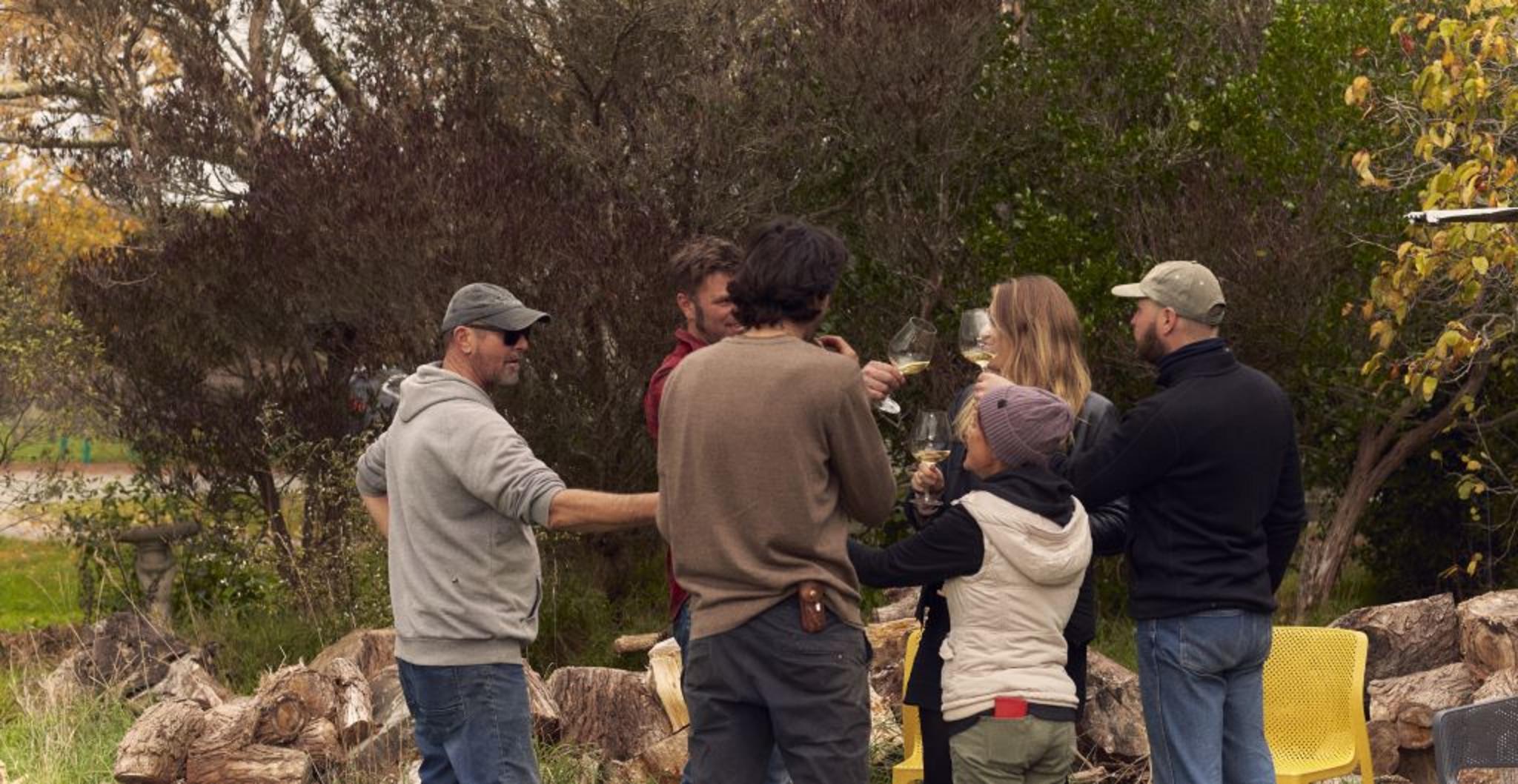
GEOLOGY
As Oraterra (‘golden earth’) suggests, we seek out the earth’s precious minerals.
Geology reflects a process of time in which the building blocks of our earth are formed. We farm so that vine roots can explore and mine these building blocks for their precious minerals, manifesting geology and aeons of time in our wines.
Based on the Martinborough Terrace, the soils have varying degrees of topsoil with some clay in the mix. River gravels run deep, meaning minimal water-holding capacity, low nutrients and high mineral content.
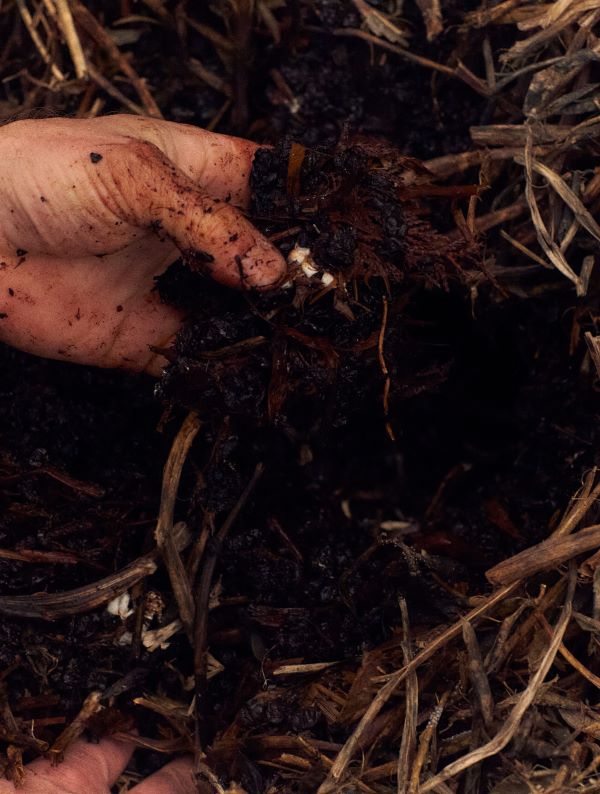
BIOLOGY
We want our wines to be full of life.
Wine is farming, and so we farm to promote living organisms, health, strength and the richness and chaos of nature. Our vineyards are cared for organically and biodynamically, without any use of synthetic fertilisers, insecticides or pesticides.
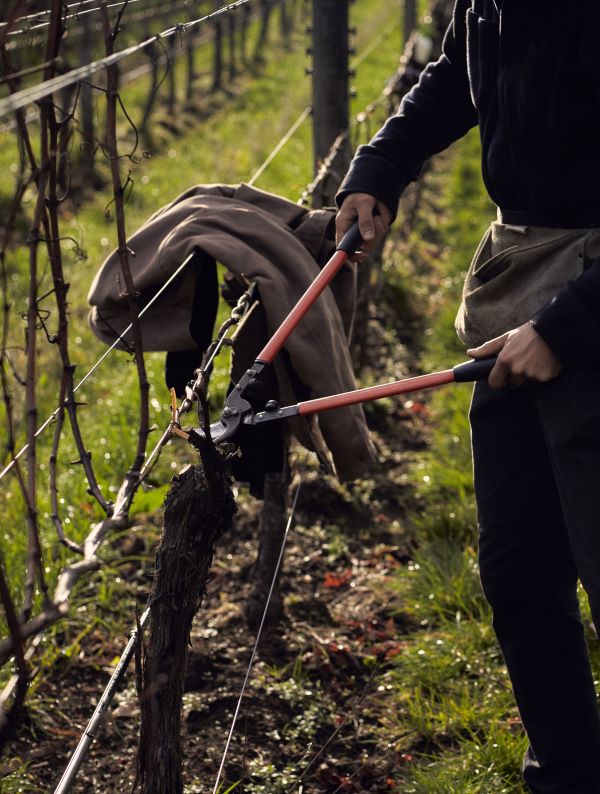
VINEYARDS & WINEGROWING
We choose our vineyard locations based on geology, personality and individuality. Oraterra wines are entirely grown on our vineyards in Martinborough: the McCreanor Block and La Belle Vie.
We use organic, biodynamic and regenerative management across every site to promote soil life, fertility and resilience.
Through farming, we encourage the roots to explore and mine these deep, dry soils. This is how we find what we seek: memorable, timeless wines that reveal new ideas with restraint, nuance and quiet strength.
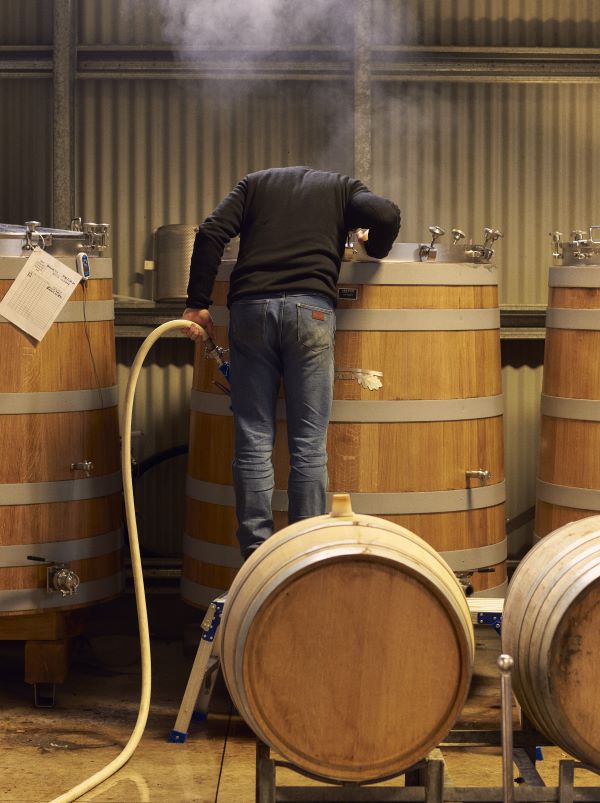
WINERY
Our winery is a place of life and light, an extension of our vineyards and farming practices. Fermentation and maturation rely on wild yeasts and nature’s inimitable chaos, and so our approach to winemaking is about how we respond and interact along the way.
Time is our most important tool: it allows each wine to unfold and emerge.
CULTURE & COMMUNITY
As wine producers, we do not work alone in our efforts.
Our wines are forged by the hands of a team that is part of the community fabric. We are deeply connected to our local schools, businesses, artists, hapū and fellow wine producers, eager to nurture that which nurtures us.
We like to curate and maintain our relationships closely, following the journey from land to mouth. This includes those who distribute, sell and serve our wines on our behalf.
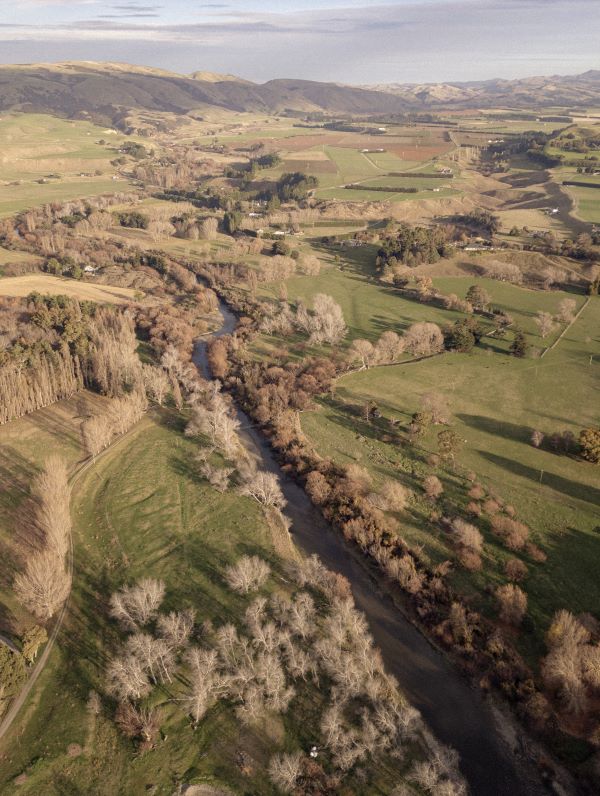
HISTORY
Marie Zelie and her husband William Beetham planted Wairarapa’s first Pinot Noir vines in the 1880s near Masterton. Whether it was instinct or hope, they decided their plot of land near Masterton had something of Marie’s Burgundy homeland about it. They made some wines, but by 1908, all of these vines had been pulled from the soils.
To the southeast, Martinborough’s potential lay unknown. That was until a soil and climate report by Dr. Derek Milne in the late 1970s, which confirmed some of what Marie and William believed: a strong likeness to Burgundy. His work highlighted the low annual rainfall and free-draining alluvial soils that are now signatures of the Martinborough Terrace. A new wine region was born, and so too was an interest in what other pockets of prime soils could be found.



